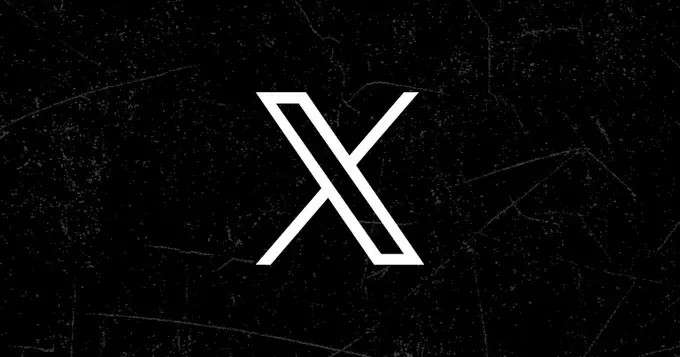The recent move by the European Union to potentially impose a staggering $1 billion penalty on Elon Musk’s social media platform, X (formerly Twitter), is not just a legal battle; it represents a tension-laden crossroads for international digital governance. The EU is strengthening its compliance mechanisms around the Digital Services Act (DSA), a framework aimed at curbing disinformation and illegal content on digital platforms. If this penalty is finalized, it could reshape not just Musk’s enterprise but also the broader landscape of U.S.-EU relations, which have been fraught with complications in recent years.
The ramifications go beyond mere fines. They touch on deep-rooted ideological differences concerning free speech, content moderation, and consumer safety. Musk’s platform is under scrutiny for its purported failure to regulate harmful content effectively, especially in the wake of incendiary events like the recent Hamas terrorist attacks. The bloc’s willingness to impose such a hefty penalty demonstrates their resolve. EU officials appear to have found Musk’s strategies insufficient. In contrast, the discussions surrounding the DSA highlight a growing concern that Big Tech may not voluntarily adhere to standards of community safety.
A Clash of Ideologies
Should the EU proceed with this fine, it will serve as a stark reminder of the different approaches toward regulation held by the U.S. and Europe. In a digital ecosystem often characterized by fluidity and innovation, the EU’s rigorous stance may clash head-on with the free-market ideals espoused in the U.S. For instance, U.S. politicians, including the newly appointed chairman of the Federal Communications Commission, have vehemently criticized the DSA, branding it as antithetical to American free speech values.
What is particularly fascinating is how the Trump administration has taken up the mantle of defending American businesses against foreign regulations perceived as overreaching. With Trump’s past alliances with Musk and their shared interests in promoting U.S.-based enterprises, we might see a significant political pushback against EU actions if this fine is executed. This nexus of business and politics raises questions about the future of platform governance in a globalized landscape.
The Financial Quandary of X
Beyond the geopolitical implications, one must consider the financial viability of Musk’s X in light of this potential penalty. The platform is already struggling with plummeting ad revenues, which significantly dipped following Musk’s acquisition. The financial reality is stark: X may not only lack the funds to settle such penalties, but the very survival of the platform could hinge on its capacity to combat a $1 billion fine. That’s a tall order, even for a billionaire like Musk, who is juggling multiple high-stakes ventures.
The situation is exacerbated by Musk’s decision to merge X with xAI, suggesting that he may be diverting resources away from X, potentially weakening its financial structure further. In the event that X seeks to legally challenge the EU’s actions, it raises a complex set of issues concerning resource allocation. The legal costs associated with such a challenge, combined with the operational costs needed to comply with EU regulations to avoid further sanctions, could spell disaster for the platform’s already precarious financial standing.
The Potential for Retaliation
This entire debacle could usher in a new wave of economic reprisal. If the EU persists with its penalties, one can reasonably expect that the U.S. government will retaliate with tariffs or other countermeasures against EU firms. Trump’s administration has consistently emphasized favoring American interests, and the crux of this matter offers him a politically charged opportunity to rally support around a narrative of “America First.”
However, it remains to be seen whether such a strategy would yield benefits for American businesses at large or exacerbate trade disputes with Europe. Musk’s past involvement with Trump might bolster his case, but within the broader scope of U.S.-EU relations, it could lead to an escalation that no party, including the American consumer, would find favorable.
A Future of Compliance or Confrontation?
This impending conflict serves as a litmus test for how countries will navigate the inherently complicated relationship between commerce and governance in the digital age. Will Musk leverage his powerful connections in the U.S. to shield X from European regulatory pressures, or will he find himself ensnared in an escalating battle that questions the future viability of his platform?
The consequences of this situation will imperatively reveal whether we are heading toward more stringent regulations and protectionist practices or if a new synthesis of understanding around digital governance can emerge. Only time will tell how Musk navigates this perilous frontier.

